Member of the Month: Christy Erving
Hedwig Lee, Anjum HajatChristy L. Erving is an Assistant Professor in the Department of Sociology at Vanderbilt University. They joined IAPHS in 2015. Learn more about Christy on her website and follow her on twitter: @ChristyLErving
Tell us a little about yourself, where are you from, where did you go to graduate school, what makes you jump out of bed each morning?
I was born and raised in Dallas, Texas. After completing a bachelor’s degree in Sociology and Hispanic Studies at Rice University in Houston, Texas, I attended graduate school at Indiana University in Bloomington, Indiana. After completing my graduate studies, I had the amazing opportunity to work for two years at University of Wisconsin-Madison as a Robert Wood Johnson Foundation Health & Society Scholar. I enjoy the multifaceted nature of the work that I do as an academic, so some days I’m motivated to deliver a lecture to my undergraduate students, while other days I’m excited to re-engage with a research paper I’ve been working on, or meeting with doctoral students to discuss their intellectual ideas and curiosities.
How do you define yourself as a population health professional?
As a whole my research employs quantitative methods to explore how race, ethnicity, immigrant status, and gender interact to produce differentials in a variety of health outcomes. I am formally trained as a sociologist, with subfield emphases in medical sociology, mental health, race/ethnicity, and social psychology in particular. However, I began to expand my intellectual identity during my post-doc years at UW-Madison. Now, I certainly consider myself a population health scientist, and my work seeks to thoughtfully integrate a variety of disciplinary perspectives that will help us more comprehensively understand how social disparities in health are produced and maintained.
What disciplines do you engage with and are there disciplines that you would like to engage with?
Though my training is in sociology, my work cross-pollinates with a variety of other disciplines including public health, epidemiology, psychology, and African American Studies. Given my nascent interest in understanding how multiple chronic conditions impact older adults’ workforce engagement, mental health, and quality of life, I’ve been reading more in the gerontology, life course, and aging literatures. So, ideally, I would like my research to engage those disciplines in the near future.
Describe a current project/initiative that you are excited about.
With a few doctoral student collaborators, I’m currently developing a line of research focused specifically on the physical and psychological well-being of Black women in the United States. Theoretically, I draw from Black feminist thought and stress theory to lay out how the unique experience of being a Black woman can engender both an accumulation of stress that can negatively impact health as well as resources that can be health-preserving. In addition, my work seeks to draw attention to ethnic, nativity, and SES diversity within the Black female U.S. population. Thus, this work contributes to extant research on Black women by dispelling the notion that Black women are a monolith and problematizing the deficit model lens through which Black women are often studied.
Name a population health professional who you admire and why?
Bridget Goosby (Professor of Sociology at UT-Austin) is someone who I’ve admired for quite some time now. Her work is intellectually engaging, rigorous, and her success is quite inspiring to me as an early career Black woman. I also appreciate her supportive disposition and willingness to provide feedback to me whenever I’ve reached out to her in the past.
How did you hear about IAPHS?/Why did you decide to become a member of IAPHS?
IAPHS was established during my time as a RWJ Health & Society Scholar at UW-Madison. As an RWJ post-doc at the time, I had the privilege of attending the initial planning meetings through which IAPHS emerged in 2014 and 2015. I decided to become a member because the organizations’ mission and goals are consistent with my own intellectual and personal concerns about health inequality as a population health scientist.
Have you attended an IAPHS meeting? If so, what do you like most about these meeting?
Yes. I attended the inaugural meeting in 2015, and most recently in 2018. It was refreshing to be in an intellectual space in which I was able to glean different perspectives beyond my own disciplinary field of study. I also enjoy the policy focus of IAPHS, as it pushes me to engage more seriously with potential policy implications of my own work.
What would you tell someone who is considering joining IAPHS?
IAPHS is an inviting, engaging, organization comprised of many smart, thoughtful, and innovative researchers who are committed to not only studying population health, but are also dedicated to improving population health. Beyond my own field of study, I consider it another intellectual home.
What would you like to see IAPHS do in the future?
At the 2018 meeting, I observed that IAPHS is increasingly dedicated to creating opportunities for mentorship. As a junior scholar, I look forward to IAPHS continuing these efforts by perhaps matching more advanced scholars with early career scholars so that we can receive additional mentorship and advice beyond our own specific institutions.
Is there anything we have missed that you would like to add?
Thank you for considering me for this honor. I consider it a privilege.
Favorite population health relevant book:
It’s difficult to select just one (or two for that matter), but I’ve been referencing these two edited volumes quite a bit in my recent research endeavors:
Gómez, Laura E., and Nancy López. 2013. Mapping “Race”: Critical Approaches to Health Disparities Research. Rutgers University Press.
Brown, Diana R., and Verna M. Keith. 2003. In and Out of Our Right Minds: The Mental Health of African American Women. Columbia University Press.
Favorite population health relevant academic/news/etc. article(s):
There are too many to name, but here are a few that I’ve found to be very thoughtful and informative lately.
Burnett-Zeigler, Inger. 2018. “The Strong and Stressed Black Woman,” New York Times.
Viruell-Fuentes, Edna A., Patricia Y. Miranda, and Sawsan Abdulrahim. 2012. “More than culture: Structural racism, intersectionality theory, and immigrant health.” Social Science & Medicine 75:2099-2106.
Williams, David R. 2018. “Stress and the Mental Health of Populations of Color: Advancing Our Understanding of Race-related Stressors.” Journal of Health and Social Behavior 59(4):466-485.
Favorite movie, band, non-fiction, book, etc.:
Movies: The Five Heartbeats, Sister Act 2, The Notebook, What’s Love Got to Do With It?
Bands/Music artists: HER, Ella Mai, NSYNC, Rihanna, Yolanda Adams, Jesus Culture, Bethel Music
Books: Bible, Anything by Edwidge Danticat or Toni Morrison

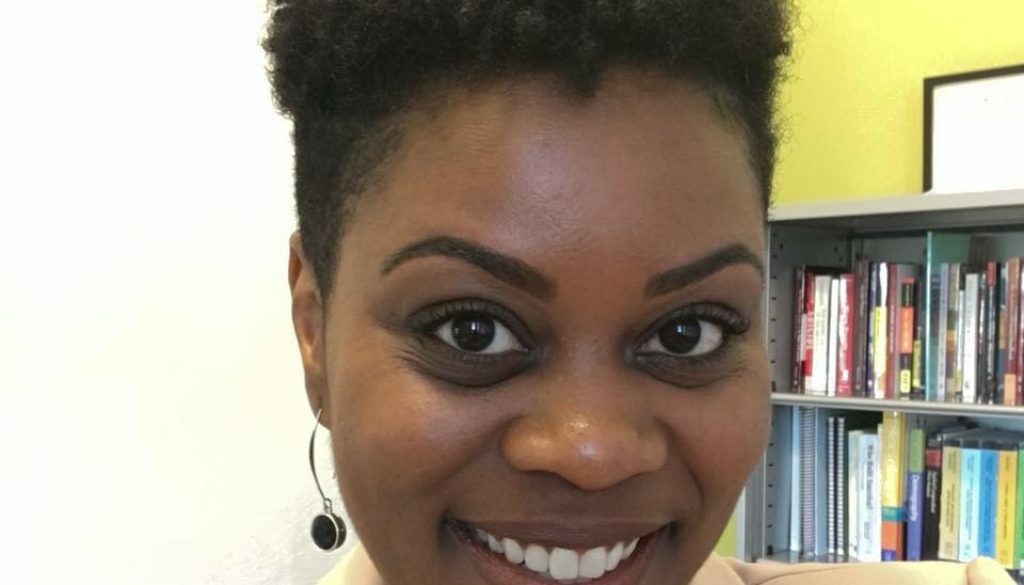
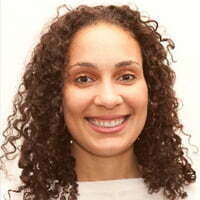
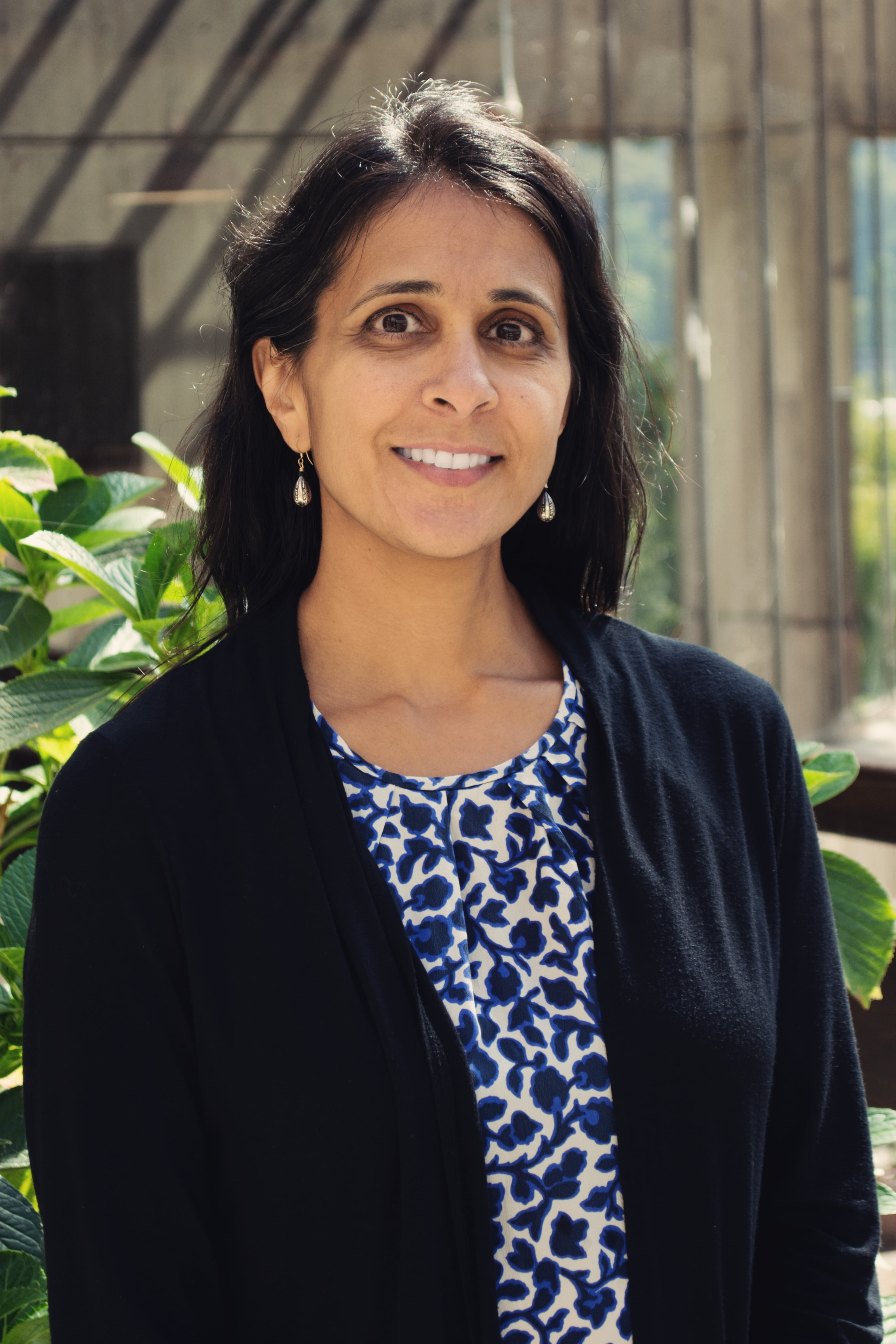
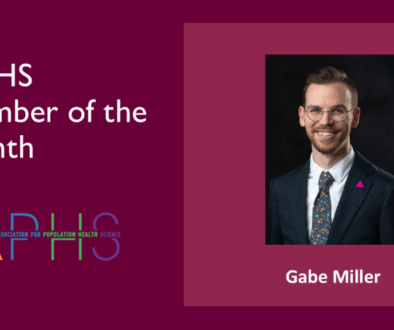
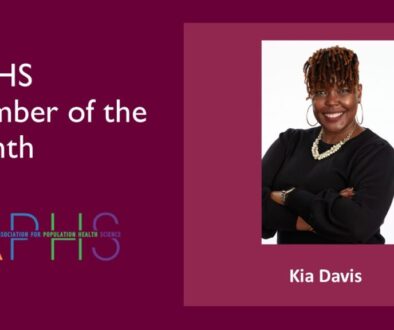

All comments will be reviewed and posted if substantive and of general interest to IAPHS readers.